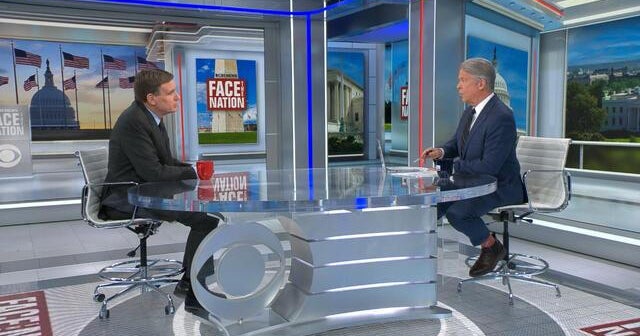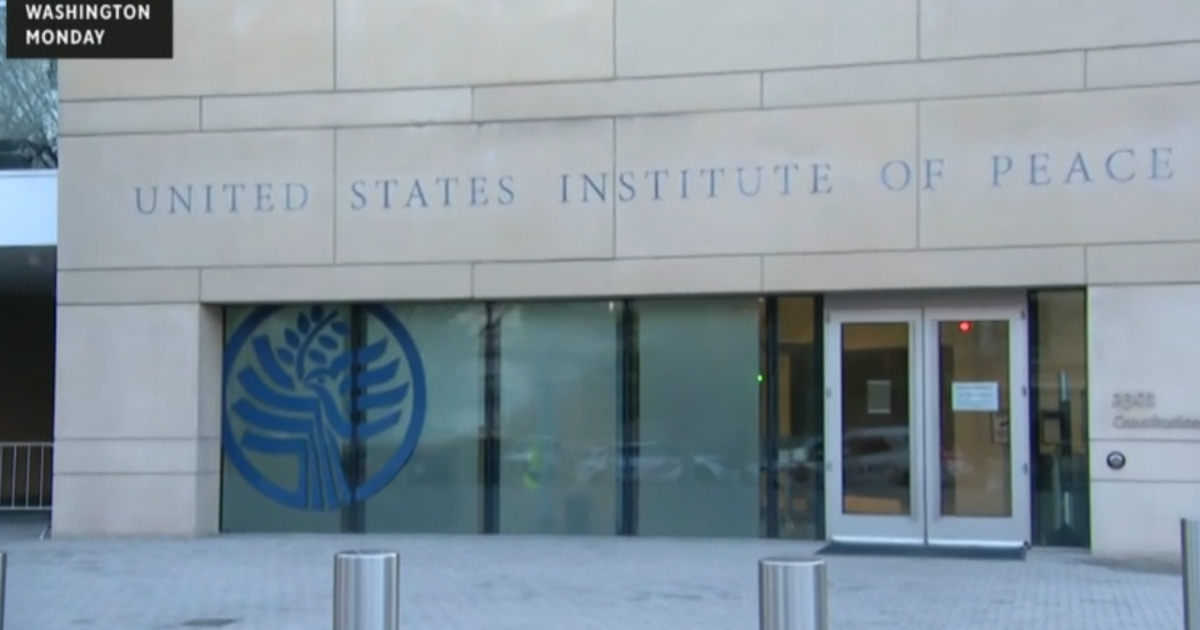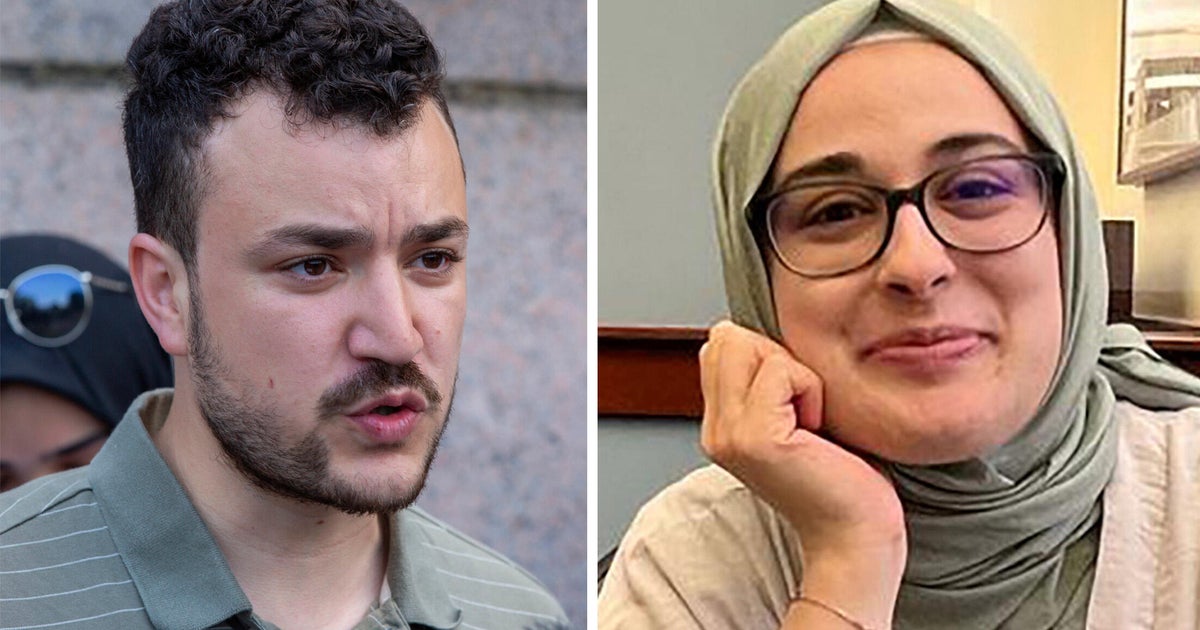Biden receives his first dose of COVID vaccine, stressing its safety
President-elect Joe Biden received his first dose of Pfizer's coronavirus vaccine Monday, an event that was broadcast live as part of efforts to reassure the American public about its safety.
Mr. Biden was administered the vaccine at ChristianaCare Hospital in Newark, Delaware, saying "I'm ready" as he rolled up the sleeve on his left arm before getting his shot.
"We owe you big," Mr. Biden told Tabe Mase, the nurse practitioner and head of Employee Health Services at ChristianaCare's Christiana Hospital who gave him his inoculation.
The president-elect gave credit to the Trump administration for its efforts accelerating the development and distribution of coronavirus vaccines through Operation Warp Speed and said "this is just the beginning."
"This is great hope," he said. "I'm doing this to demonstrate that people should be prepared when it's available to take the vaccine. There's nothing to worry about. I'm looking forward to the second shot."
Mr. Biden, though, encouraged Americans to continue following public health guidelines to mitigate the spread of the coronavirus, including wearing masks, social distancing and curbing their travel for the holidays.
"It's really important because we're still in the thick of this," he said.
The president-elect joins a growing list of public officials who have shared their own experiences getting inoculated against COVID-19, including Vice President Mike Pence and second lady Karen Pence and U.S. Surgeon General Dr. Jerome Adams, who all received the vaccine on live television Friday. Dr. Jill Biden received the first course of Pfizer's vaccine earlier Monday, though she joined him at the hospital.
Senate Majority Leader Mitch McConnell and House Speaker Nancy Pelosi also were vaccinated last week, as were a host of lawmakers who shared images of themselves getting their shots in the arm.
The Food and Drug Administration has authorized two coronavirus vaccines, one from Pfizer and one from Moderna, for emergency use, setting into motion the nation's largest vaccination campaign. Pfizer's vaccine, developed with Germany's BioNTech, was shipped last week after receiving the green light from the FDA and administered to health care workers first. Residents of long-term care facilities are also in the first batch of Americans receiving the coronavirus vaccine.
Moderna's vaccine, which was authorized for emergency use Friday, began shipping Sunday, and the first doses of it will be administered this week.
Absent from the growing list of public officials receiving the coronavirus vaccine is President Trump, who has largely remained out of public view as the country enters the next phase of its fight against the coronavirus. While Mr. Trump has tweeted his congratulations and praise of his administration's efforts with Operation Warp Speed, he has been on the sidelines of efforts to persuade the American people to get inoculated.
The White House has also not disclosed if or when Mr. Trump himself would receive the coronavirus vaccine, though he was infected with and treated for COVID-19 in October.
Adams told "Face the Nation" on Sunday that the president has a "medical reason" for not getting vaccinated immediately, as he received monoclonal antibodies as part of his treatment for COVID-19.
"That is actually one scenario where we tell people, 'Maybe you should hold off on getting the vaccine, talk to your health provider to find out the right time,'" he said. "Politics aside, there is a medical reason."




